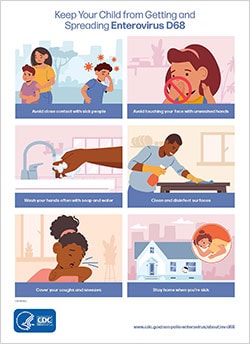 The NC Department of Health and Human Services released new figures about the total flu-related deaths in NC – the count has increased to 114, with 15 new deaths during the week of Jan. 11. Adults 65 and older have taken the hardest hit this flu season; doctors recommend everyone get the flu shot, especially children, elder adults, and those with asthma.
The NC Department of Health and Human Services released new figures about the total flu-related deaths in NC – the count has increased to 114, with 15 new deaths during the week of Jan. 11. Adults 65 and older have taken the hardest hit this flu season; doctors recommend everyone get the flu shot, especially children, elder adults, and those with asthma.
This year’s strain, H3N2, is particularly dangerous, and a mutation of the strain has limited the effectiveness of the flu shot. However, doctors still recommend the flu shot because it can make a difference in many cases. Common complications caused by the flu are sinusitis, bronchitis and pneumonia. The flu can cause inflammation around the heart, dehydration, and can worsen medical conditions like asthma and diabetes.
If you have a chronic medical condition like asthma or diabetes, talk to your doctor about preventative care, like the flu shot, and also about a management plan if you contract the flu. The CDC recommends influenza antiviral drugs for high-risk patients; antiviral drugs can lessen symptoms, reduce the amount of time you have the flu by up to two days, and can prevent complications like pneumonia. Antiviral drugs are most effective when administered within two days of getting sick, but using them later can still be beneficial. In addition to getting a flu shot, take other precautions like washing your hands frequently, and sanitizing common areas and office workstations with disinfectants. If you do contract the flu, it’s best to stay home to avoid spreading the illness to others.



























